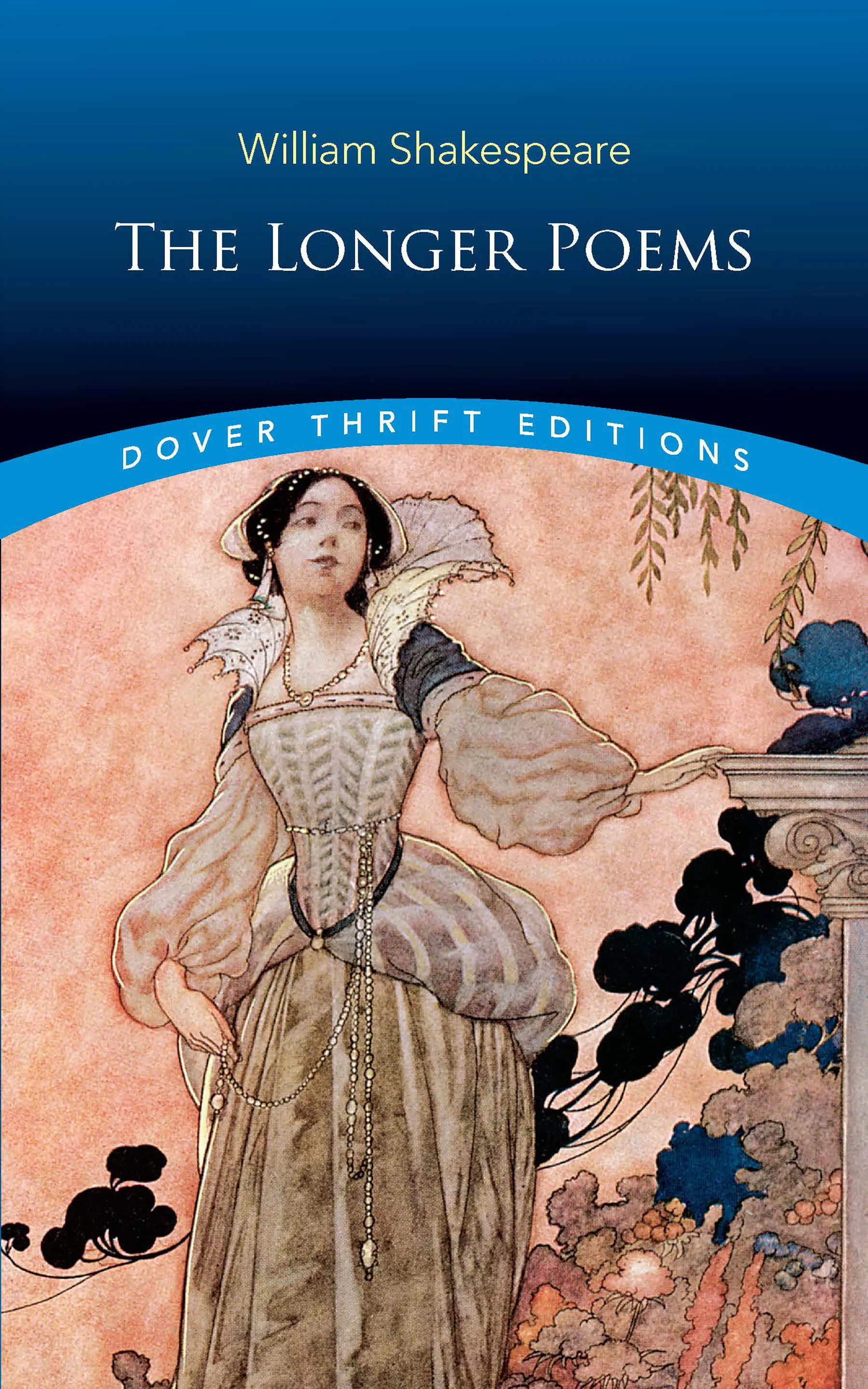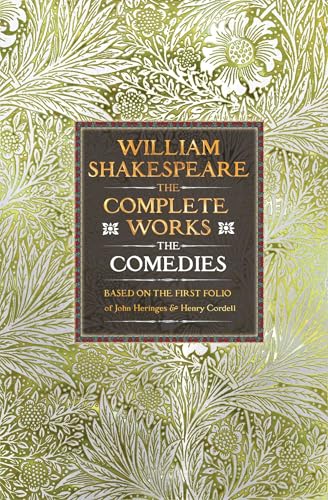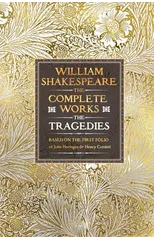Although we know him best as a playwright, Shakespeare was also a poet, living as he did in an age when the writing of verse enhanced an author's literary reputation as well as his social standing. It's thought that he turned to poetry early in his career, from 1592-94, while London's playhouses were closed during an outbreak of plague. This collection contains four of the Bard's longer poems, consisting of meditations on the themes of sex, guilt, and death. The first of the narrative poems, "Venus and Adonis," portrays the romance between the goddess of love and her handsome swain. Its success led to the publication of "The Rape of Lucrece," which also draws upon ancient Roman legends to recount a darker episode of dishonor and suicide. "A Lover's Complaint" voices the plight of a seduced and abandoned woman, and "The Phoenix and the Turtle" offers an allegory concerning the death of ideal love.
William Shakespeare
William Shakespeare was an English playwright, poet, and actor, widely regarded as one of the greatest writers in the English language. He is known for his numerous plays and sonnets, which have had a profound impact on literature and theater. Some of his most notable works include "Romeo and Juliet," "Hamlet," "Macbeth," and "Othello." Shakespeare's writing is characterized by his use of intricate language, complex characters, and universal themes such as love, jealousy, power, and ambition. His works have been translated into every major language and are performed around the world to this day. Shakespeare's influence on literature, drama, and the English language is immeasurable, and his legacy continues to endure centuries after his death. His most famous work is arguably "Romeo and Juliet," a tragic love story that has become a timeless classic.





